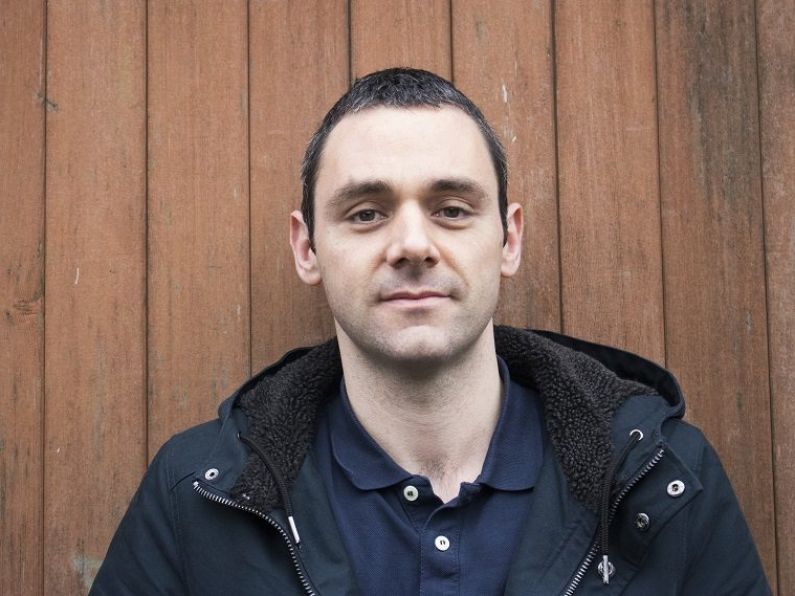A Waterford born researcher says Irish people are in danger of underestimating their own ability to speak their native language.
Shane Barry, an Applied Linguistics doctoral student at MIC from Waterford has drawn the conclusion based on his interviews with current civil servants who were asked to rate their own Irish language proficiency.
In his study, he asked participants to evaluate their own ability to speak Irish in a current conversational setting. The research found that 60% of respondents would generally downplay their own abilities but would answer more favourably to specific questions, such as their ability to order a cup of coffee in a Gaeltacht area.
“There appears to be a much larger number of civil servants, and generally the wider population, that are completely misrepresenting their Irish knowledge by declaring themselves as non-speakers of Irish" said Barry, who works as a departmental assistant and current PhD student in Applied Linguistics in the Department of English Language and Literature at Mary Immaculate College, Limerick.
"The findings in this research suggest that the Irish population possesses a knowledge of Irish language that is often unacknowledged or dismissed due to negative experiences from our school days."
To combat this, Barry suggests a refresher course for people, to change our 'emotive' relationship with the language "to a more positive one, where hearing our native language on the street or in shops could become less of a surprise to us.”
Speaking to Beat News, the Waterford native says respondants in the study say negative experiences in school have reinforced attitudes towards our native language.
"The participants in the study tended to talk a lot about their lack of feedback. If you did badly in an exam there was no constructive feedback on how to improve, and some responded by saying your feedback was a slap if you got it wrong.
"When you compare that to other languages like French, German, or Spanish, a lot of the participants talked about how they felt there was a lot of positive reinforcement, positive attitudes from teachers on how to improve and use the language, and that seemed to be missing from the Irish language."






